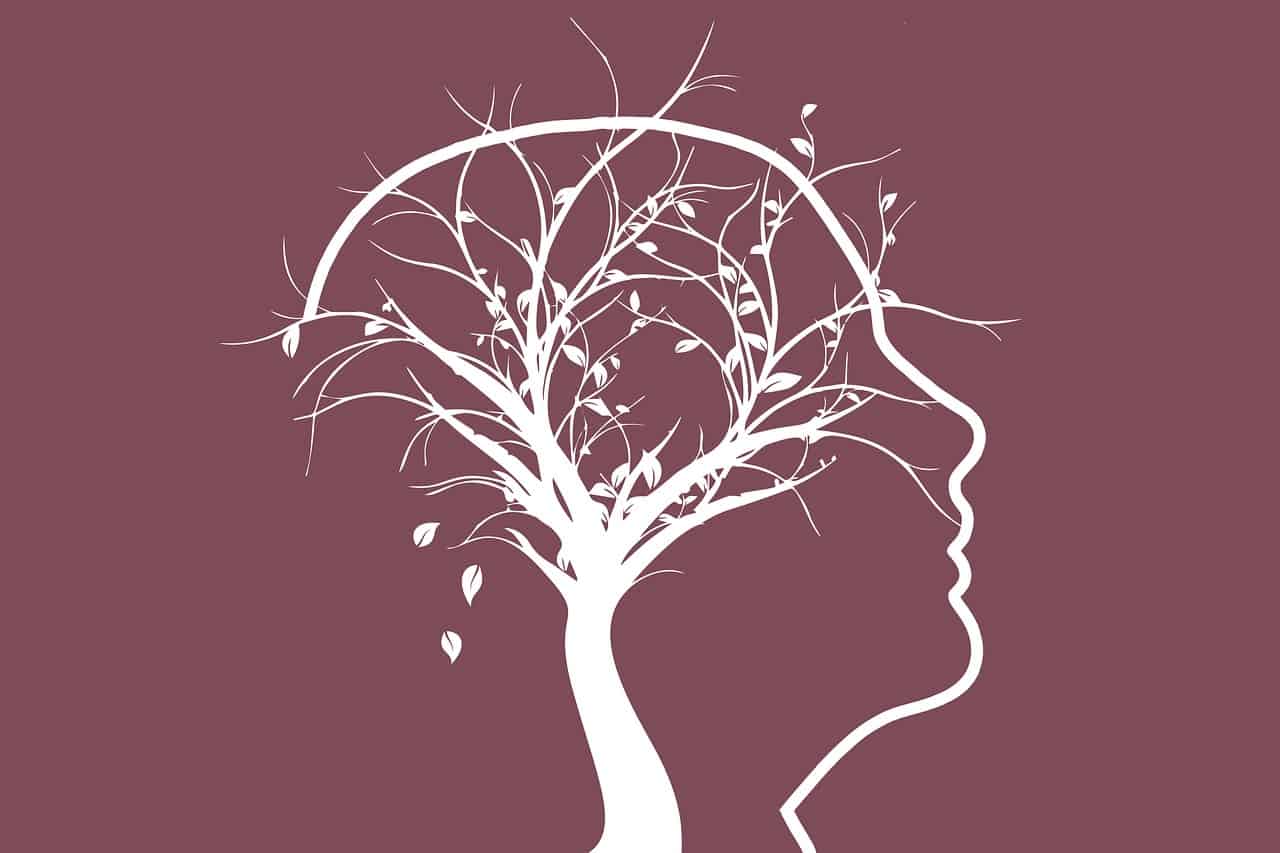
What Dementia Care Professionals Wish You Knew About Dementia, Alzheimer’s, and the Brain
June is doubly special: it’s Dementia Care Professionals Month, and Alzheimer’s and Brain Awareness Month. To spread information and awareness of dementia and how it affects the brain, we offer this information to those entering hospice care in San Francisco and elsewhere.
Alzheimer’s disease is essentially a brain disorder that slowly yet progressively destroys thinking and memory skills. It also impairs the person’s ability to carry out mundane tasks. Most people won’t experience symptoms until later in life, with six million Americans over the age of 65 or older suffering from Alzheimer’s — a number that will more than double by 2050 to 13 million, says the Alzheimer’s Association.
Many people get dementia and Alzheimer’s confused, or lump them together. But dementia is a more general term that encompasses the loss of cognitive functioning — reasoning, remembering, and thinking — as well as behavioral abilities that affect daily life and activities. Alzheimer’s is only one type of dementia.
Three Stages of Alzheimer’s
There are many things that dementia care professionals want patients and family members to know about this disease. There are three general stages, but everyone goes through them at different rates. The best thing family members can do is familiarize themselves with each stage and talk with their loved one’s doctor to stay on top of the situation.
According to the Alzheimer’s Association, people can live between four and eight years after a diagnosis of Alzheimer’s, but that number could stretch to 20 years with good care. Changes in the brain related to Alzheimer’s disease actually start several years before the individual displays hard and fast signs of this disease — known as pre-clinical Alzheimer’s disease.
There are mild, moderate, and severe stages of Alzheimer’s:
1. Early (Mild) Stage
The individual will still act independently at this stage, going to work, social gatherings, and driving, but will have occasional memory lapses. Perhaps they can’t remember familiar words and phrases or maybe they forget where they put their glasses and keys consistently.
People at this stage may be unable to:
- Find the right name, word, or phrase.
- Remember names right after introductions.
- Perform social or work tasks that used to be routine.
- Remember content they just read.
- Keep track of valuable objects.
- Organize or plan.
2. Middle (Moderate) Stage
This is typically the longest stage, with more and more care being needed as the years’ progress. Dementia symptoms get more obvious, as the person will confuse words, get angry or frustrated, and act stubbornly. They may not want to bathe or worry about personal hygiene. They have a hard time clearly expressing thoughts or performing routine tasks without getting help.
They may also:
- Forget events or personal history.
- Become withdrawn or moody if they find themselves in a mentally or socially challenging situation.
- Not be able to recall personal information, such as their phone number or address, or even the high school they went to.
- Get confused about what day of the week it is or what city they live in.
- Need increasing assistance in selecting proper clothing for an event or season.
- Not be able to control their bladder and bowels.
- Switch up their sleep patterns, such as becoming restless at night and napping throughout the day.
- Be prone to wandering or getting lost.
- Go through personality and behavioral changes, such as compulsive hand wringing or delusions.
3. Late (Severe) Stage
This final stage brings the most severe dementia symptoms, whereby individuals can’t respond to their environment any longer, such as carrying on conversations or controlling movement. You will notice significant personality, hygiene, and mobility changes that will necessitate round-the-clock care.
People at this stage are not:
- Aware of recent experiences or surroundings.
- Able to sit, walk, and swallow on their own.
- Able to communicate well if at all.
- Able to fend off infections such as pneumonia.
Caregiver Considerations
Here’s what dementia care professionals wish you knew from a caregiving perspective. Choosing a professional home caregiver for your loved one can seem daunting. Heed these tips to choose the most trustworthy one.
Get Referrals
Get a referral to the hospice provider from a trusted source, like a friend or neighbor who is going through the same thing. You can also get referrals from doctors, nurses, and geriatric care managers who refer clients to hospice care providers and get feedback about the level of care their patients experienced, says DailyCaring.
Meet in Person
Meet with a few caregivers in person to take notes, ask them questions, and assess their bedside manner. First impressions matter!
Services
Remember, not all caregivers are trained in dementia care. This specialty subset means that caregivers have to undergo certain training.
Contact Pathways Home Health and Hospice
We offer comprehensive dementia care here, including social activities, daily care, caregiver support, and ostomy and wound care. To learn more, reach out to us at 888-978-1306.

